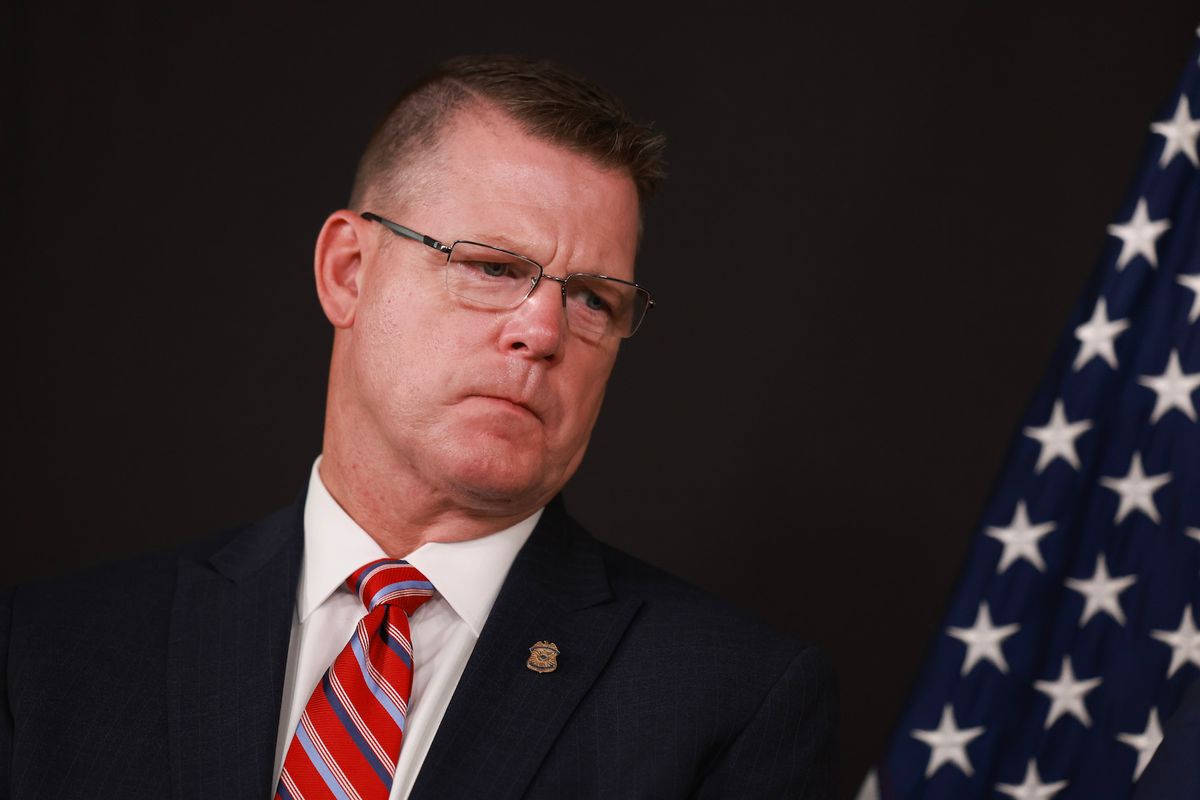The Secret Service is ready to acknowledge its failures leading up to the assassination attempt on Donald Trump in Butler, Pa.
“It’s important that we hold ourselves to account for the failures of July 13 and that we use the lessons learned to make sure that we do not have another failure like this again,” Ronald Rowe Jr., acting director director of the Secret Service, said in a press conference on Friday.
In newly released findings from an internal review process centered on the shooting, the Secret Service admitted it had likely relied too heavily on ill-equipped local law enforcement and cited “communications deficiencies” in the Secret Service’s operation in Butler.
The Secret Service found that communication broke down between law enforcement and the agency in the days leading up to the rally and continued to be patchy on the day of the shooting. Rowe said they failed to communicate what they needed from local law enforcement and didn't follow up on planned staging that they thought would be insufficient.
“Multiple law enforcement entities involved in securing the rally questioned the efficacy of that local sniper team’s positioning in [a nearby building], yet there was no follow-up discussion about modifying their position,” the report read.
Adding to the chaos, the Secret Service and local law enforcement were apparently communicating on different radio frequencies throughout the event. The Secret Service suggested day-of communication issues contributed to the incident.
“The different radio frequencies used at the Butler Farm Show venue were not conducive for quickly sharing real-time information,” the department’s report said, noting that “there were multiple standard conduits of communication that were not in operation” on the day of the shooting.
On Friday, Rowe placed the blame on his team's lack of clear requests.
“We need to be clear with our state and local partners on what we’re asking of them,” Rowe said.
Rowe has been in the job for under two months, taking the position when director Kimberly Cheatle resigned after the attempt.
The report came just hours after the House unanimously passed a bill to enhance Trump’s security detail, along with other sitting presidents and presidential candidates. During his press conference, Rowe noted Trump had already received “robust security” beyond typical candidates’ and that his detail had already been increased to the scale of a sitting president following the shooting.



Shares